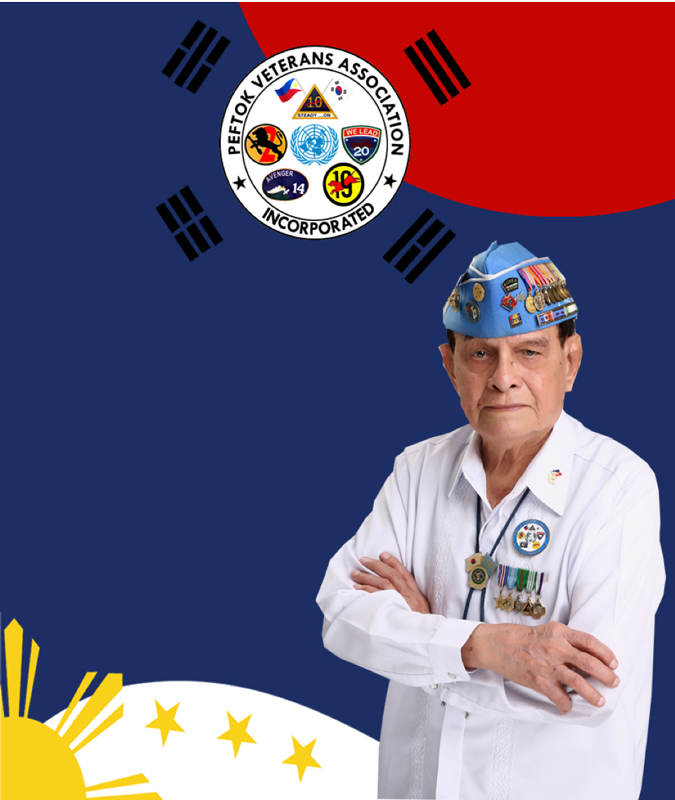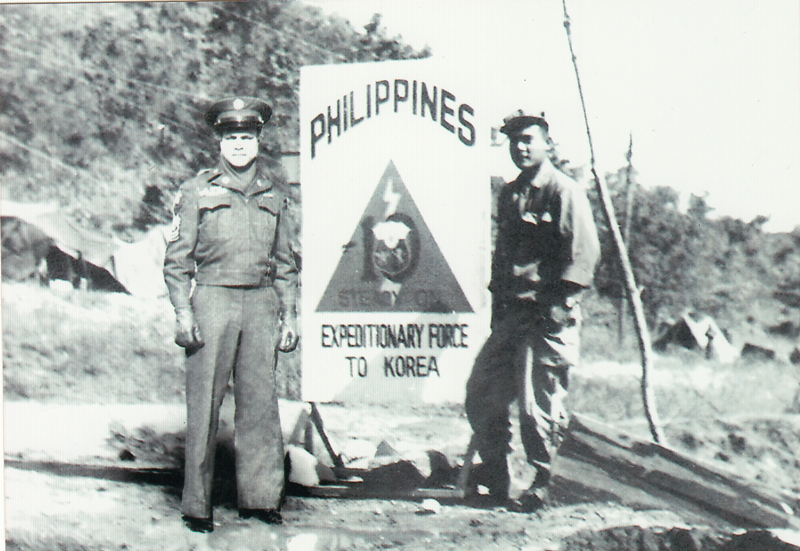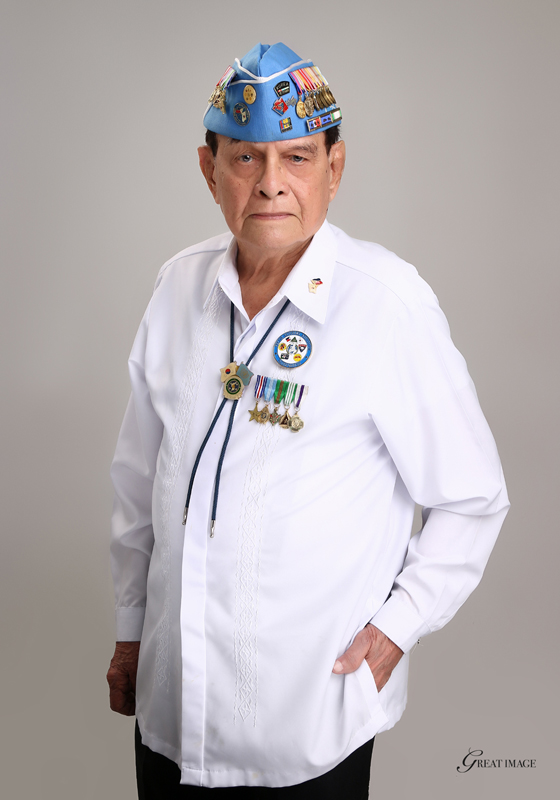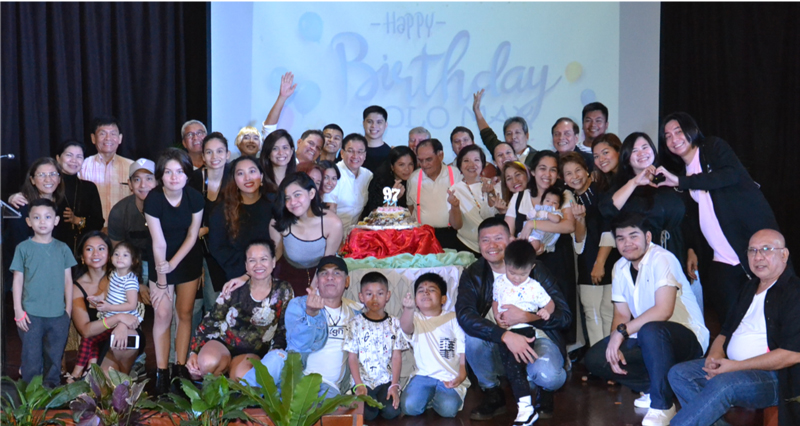- 한국어
- English
- 日本語
- 中文
- العربية
- Español
- Français
- Deutsch
- Pусский
- Tiếng Việt
- Indonesian
By Honorary Reporter Laarni Calpo from Philippines
Photos= Maj. Maximo Young

This year marks the 70th anniversary of the outbreak of the Korean War. The Philippines was the third country to help Korea with military assistance after the U.S. and the U.K.. During the Korean War, 7,420 Philippine soldiers were dispatched with 112 killed and 16 missing.
(Ret.) Maj. Maximo Young, president of the Philippine Expeditionary Forces to Korea (PEFTOK), still has vivid memories of the war,. Over his 30-year military career, he received 27 medals and fought in three major conflicts: the Korean War, World War II and the Vietnam War. The Korean government awarded him the Taegeuk Medal, Korea's highest military honor, and he also received the U.S. Congressional Gold Medal, America's top award for military valor. He was a tank commander during the Korean War, and he said his most memorable moment was the Battle of Yuldong (Miudong) in 1951.
The following are excerpts from an interview with Young.

Describe the Battle of Yuldong, - your most memorable experience in the Korean War.
On the morning of April 22, 1951, and after passing and guarding the area, our advance patrol hit an alarm mine and immediately braced for an enemy ambush. The Philippine military's defense line was broken by the enemy's attack. Many of our soldiers couldn't fight back because of surprise and the whole area was under fire. The Philippines' 10th Combat Team, in which I was a tank commander, immediately prepared for a counterattack.
How did you respond when the enemy attacked?
Our tank position was on the hill, so I moved my armored tank and faced the enemy. I later noticed that the top part of my tank was down so I couldn't see the enemy. So I went out and used the machine gun. I fired alone because nobody could go out. When I saw most of the enemy moving toward our direction, I started firing and most of the enemy in my line of fire ran away. After my sudden attack and movement, my men moved because I covered them. The artillery behind us also gave support by firing at the enemy. And my soldiers regained their composure and started advancing.
What leadership skills did you use then?
I've always act on my own. Nobody told me to go fight the enemy. But since you're on a battlefield, you have to ensure that your men know how to defend themselves because of soldiers depending on us and vice versa. And since I was in a good position to fire at the enemy, I initiated the firing.
Who or what has inspired you?
I was adopted at birth and had to live and struggle on my own early in my life. Yet this taught me to work hard for myself. Stay busy and think of something good for your future.

What message do you have for the young generation?
Children today are extremely spoiled than those in my generation, and the first thing they do is check their computers and cellphones. The example I've shown to my children is to work hard. All of them have their own families and homes. I've set a good example of discipline. I wake up early and most of my children do, too, and they're being followed by my grandchildren. I consider them successful in their lives because I properly trained them.What is your favorite quote?
"Never give up." Because if you give up easily, you'll have no resources but if you keep thinking, thinking and thinking, you'll find many resources to accomplish something.
You turn 98 this year. What is your wish?
I doubt I'll celebrate that birthday because of the coronavirus-induced lockdown, but I hope I make it to 100 or more. My birthday wish is for my family and children to be happy and for all of them to celebrate my birthday with me.

Do you have a message to the Korean government?
My message is that we're happy that Korea continues helping us for our economy and our children. In May this year, Philippine veterans of the Korean War received 50,000 face masks from the Korean government. I'm also prepared if the Korean government invites us for a special occasion.What do you think is worse, COVID-19 or a world war?
Honestly, COVID-19 is a worldwide problem because we cannot see the enemy. How can you fight it or cure the sick when there's no medicine? People around the world are prevented from mingling to avoid spreading the coronavirus. So I think COVID-19 is worse than a world war.
chaey0726@korea.kr
*This article is written by a Korea.net Honorary Reporter. Our group of Honorary Reporters are from all around the world, and they share with Korea.net their love and passion for all things Korean.